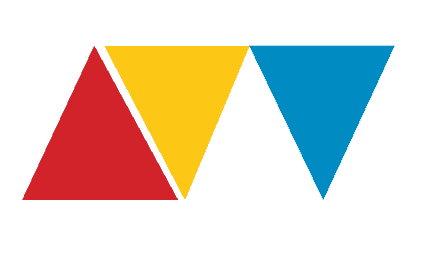Mental Health First Aid in Canberra
MHIST – Mental Health Intervention Skills Training is an national training organisation specialising in MHFA Australia’s award winning course – Mental Health First Aid. Courses can be run for organisations or individuals with a minimum of at least 6 in a group. In 2020 we saw the launch of new Covid safe online versions of the course – Blended Online MHFA Workplace and Blended Online MHFA Community. These courses are run completely online and partly facilitated by one of our staff.
What is Mental Heath First Aid?
Mental Health First Aid is the first aid given to someone who may be experiencing a mental health problem, the worsening of an existing mental illness or experiencing a mental health crisis.
What do mental health participants learn?
Participants learn about some of the more common mental health problems, risk factors, signs and symptoms and available treatment and support options.
They also learn about effective communication, how to support someone and how to encourage self care for themselves and others.
What is ALGEE?
ALGEE is a mnemonic (an acronym designed to help us remember something) and is used as an action plan to help us supporting someone.
Approach the person, assess and assist with any crisis
We aren’t teaching participants to be experts in assessment merely helping them to recognise some signs that a person may not be coping in the present moment with life’s challenges. As such a person would then approach their friend/family member/co-worker or stranger and try to find out if they need assistance, this could just be as simple as talking to the person and letting them know you are available for them.
Listen and Communicate Non-Judgmentally
Here we talk communication skills and awareness of what can get in the way.
Give Information & Support
Information can including normalising mental health problems or help-seeking. With education and information we can make informed choices. Support can be practical or emotional.
Encourage Appropriate Professional Help
Sometimes a person may benefit from talking to a health professional like a GP. We talk about the different types of health professionals, what they do and how to access them.
Encourage Other Supports
There are a lot of other ways we can support someone including support groups, supportive family and friends/colleagues. Self help strategies are also very useful
COVID Courses
There is a new course available to those unable to leave the house. Blended Online Community or Workplace.
Each course is 5-7 hours self paced online learning followed by two 2.5hr face to face instructor led Zoom sessions. This is a great way to continue supporting people with mental health problems despite a pandemic. Cost is $220 pp inc GST groups no larger than 12.
Why Mental Health First Aid?
Almost half of the Australian population will have a mental illness at some time so it is important that every one of us is equipped with the skills to help a family member, colleague, friend, or stranger who is struggling with a mental illness. Many mental illnesses can be lived with more comfortably and some can be avoided altogether if the right intervention is used in time.
Mental illness has a significant impact on individuals, families, communities, and workplaces.
By the year 2020, depression is projected to reach 2nd place (after heart disease) of the ranking of DALYs (disability adjusted life years) calculated for all ages, both sexes. Today, depression is already the 2nd cause of DALYs in the age category 15-44 years for both sexes combined (WHO 2012).
Mental Health First Aid (Youth)
The youth version of Mental Health First Aid is designed to raise awareness of the signs and symptoms of a developing mental illness and how to assist in a crisis. The course teaches adults to recognise these signs and ensure timely help is provided.
Canberra is a city with a young population. While the proportion of young people in Canberra is forecast to continue to decrease, Canberra will continue to have a higher proportion of young people than the national average. 2001 ABS data indicates that 21.9% of the population in the ACT are aged 12-25 years (74,371) compared with 19.3% nationally (Youth (12-25yrs) (ACT & Australian data: 2001 Census))
The adult version of Mental Health First Aid teaches adults how to be aware of the signs and symptoms of developing mental illness in other adults and how to assist in a crisis.
Please get in touch to organise a course or check the course calendar below.
